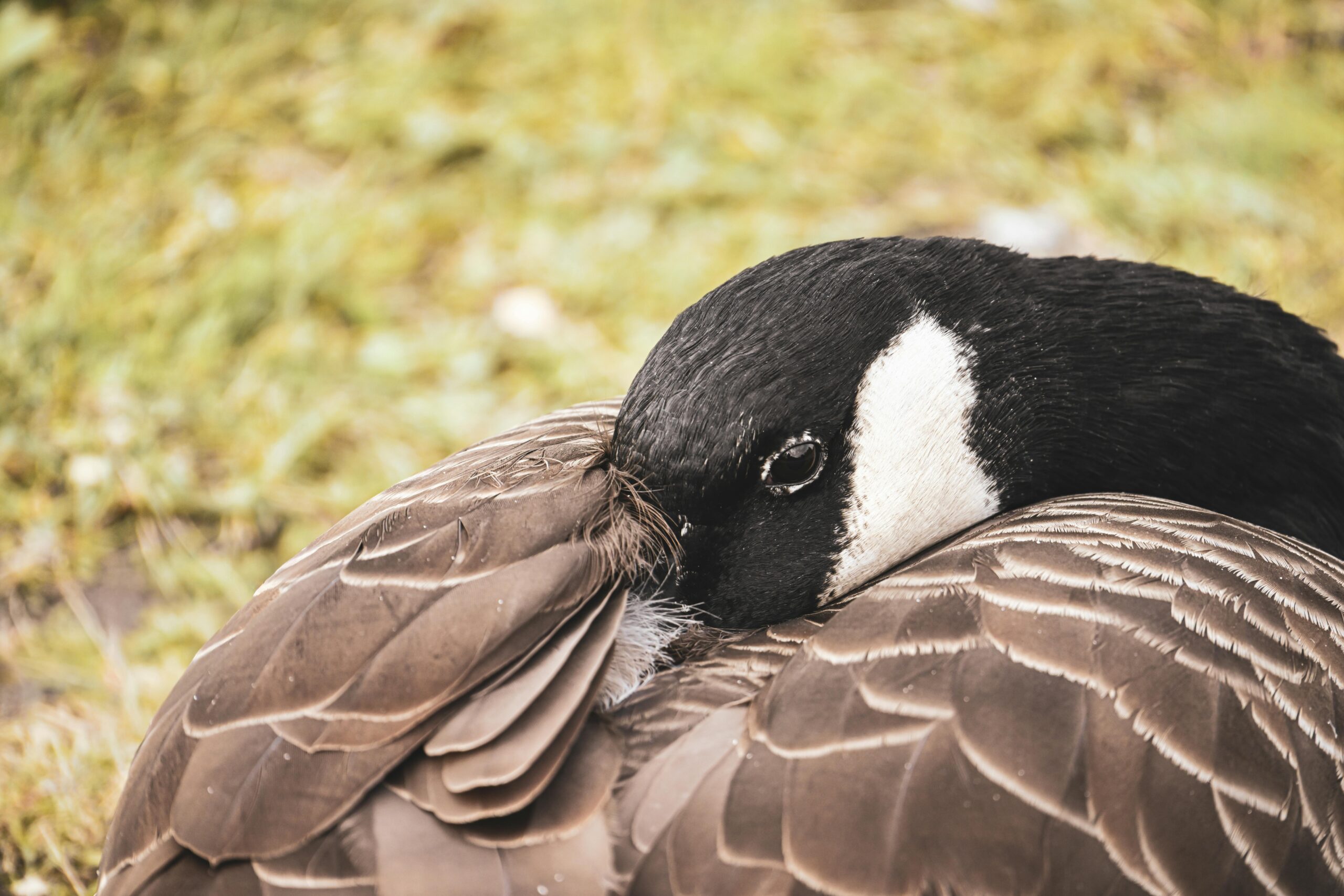Table of Contents
Unveiling the Moose Jaw Rural Community Immigration Pilot (RCIP)
In a significant development for Canadian immigration, the city of Moose Jaw, Saskatchewan, has officially announced its participation in the federal Rural Community Immigration Pilot (RCIP). This ambitious initiative represents a pivotal strategy designed to address pressing labour shortages and foster long-term economic prosperity in one of Saskatchewan’s most historic and welcoming communities. Building on the foundations of previous successful pilot programs, the RCIP offers a dedicated pathway to permanent residence for skilled foreign workers who can contribute to the local economy and integrate into the fabric of community life. The program is a collaborative effort between Immigration, Refugees and Citizenship Canada (IRCC) and participating communities, empowering local leaders to select newcomers who best fit their specific economic and social needs. For Moose Jaw, this means a unique opportunity to attract and retain the talent required to fuel its key industries, from manufacturing and transportation to healthcare and skilled trades, ensuring a vibrant and sustainable future for the city and its residents.
The core philosophy of the RCIP is community-driven immigration. Unlike broader economic immigration streams that focus solely on federal criteria, this pilot places immense value on the candidate’s connection to the community itself. By requiring a genuine job offer and a formal recommendation from Moose Jaw’s designated community economic development organization, the program ensures that new immigrants arrive with employment already secured and a support system in place. This approach not only facilitates a smoother settlement process for newcomers but also provides local employers with direct access to a global talent pool to fill critical vacancies that have hindered growth. The launch of the Moose Jaw RCIP is more than just an immigration announcement; it’s a powerful statement about the city’s commitment to growth, diversity, and creating a prosperous environment where both long-time residents and new Canadians can thrive together.
Are You Eligible? Key Requirements for the Moose Jaw RCIP
Navigating the pathway to permanent residence through the Moose Jaw RCIP involves meeting a two-tiered set of eligibility criteria: those mandated by the federal government (IRCC) and those specific to the community of Moose Jaw. Prospective applicants must satisfy both to be successful. At the federal level, IRCC has established baseline requirements to ensure all candidates have the potential for economic establishment in Canada. This includes possessing at least one year of eligible, cumulative work experience within the last three years in a profession that aligns with the National Occupational Classification (NOC) system’s TEER categories. Furthermore, applicants must demonstrate a minimum language proficiency, typically benchmarked against the Canadian Language Benchmarks (CLB), in either English or French. Educational requirements are also in place, requiring applicants to have a Canadian high school diploma or its foreign equivalent, verified by an Educational Credential Assessment (ECA). Finally, candidates must prove they have sufficient settlement funds to support themselves and their families upon arrival, unless they are already legally working in Canada.
The cornerstone of a successful application, however, lies in meeting Moose Jaw’s specific community criteria. The single most important requirement is securing a genuine, full-time, non-seasonal, and permanent job offer from an eligible employer located within the Moose Jaw municipal boundaries. This job offer must be in an occupation that aligns with the community’s identified priority sectors. The wage offered must meet or exceed the minimum wage for that occupation as listed on the Government of Canada’s Job Bank. Once a candidate has this job offer and meets all federal criteria, they can then apply for a community recommendation. This is the crucial step where Moose Jaw’s designated organization assesses the candidate’s fit, including their intention to reside in the community, their connection to Moose Jaw, and how their skills will contribute to the local economy. Only with this formal recommendation can an applicant proceed to submit their application for permanent residence to IRCC.
Targeting Success: Moose Jaw’s Priority Occupations and Sectors
The effectiveness of the Moose Jaw RCIP hinges on its ability to target and attract skilled workers who can fill specific, high-demand roles within the local economy. To achieve this, the community has identified several priority sectors that are critical for its continued growth and stability. While the official and most up-to-date list should always be confirmed through the community’s designated website, these sectors generally reflect the industrial and service-based backbone of Moose Jaw. Candidates with experience and a valid job offer in these areas will have a significant advantage when seeking a community recommendation. The prioritization ensures that the program directly addresses the most urgent labour market gaps, providing immediate relief to local businesses and strengthening the overall economic landscape. For prospective immigrants, aligning their professional background with these sectors is the most direct strategy for a successful application through this innovative pathway.
Understanding these key areas is essential for anyone considering the Moose Jaw RCIP. Based on regional economic data and known labour shortages in Saskatchewan, the priority sectors are expected to include the following:
- Transportation and Warehousing: Given Moose Jaw’s strategic location as a transportation hub, occupations such as transport truck drivers, logistics coordinators, and material handlers are consistently in high demand.
- Manufacturing: The city has a robust manufacturing base, creating a need for skilled workers like welders, industrial mechanics (millwrights), and machine operators.
- Healthcare and Social Assistance: Like many Canadian communities, Moose Jaw requires more healthcare professionals. Nurses, continuing care assistants, and early childhood educators are vital to the community’s well-being.
- Skilled Trades: The construction and automotive sectors are often seeking qualified tradespeople, including carpenters, electricians, plumbers, and automotive service technicians.
- Retail and Hospitality Services: To support a growing population and tourism, roles such as food service supervisors, retail managers, and accommodation service managers are crucial for the local service economy.
The Step-by-Step Application Journey to Moose Jaw Permanent Residence
The path to obtaining permanent residence through the Moose Jaw Rural Community Immigration Pilot is a structured process that requires careful attention to detail at each stage. The journey begins long before an application is submitted to IRCC; it starts with ensuring you are a strong candidate for both the federal government and the community of Moose Jaw. The first and most critical step is to thoroughly review the federal eligibility requirements for the RCIP. This means confirming that your work experience, language test results, and educational credentials meet the minimum thresholds set by IRCC. Without meeting these baseline criteria, you cannot proceed. Simultaneously, candidates should begin their job search within Moose Jaw, focusing on employers within the city’s priority sectors. A proactive job search is fundamental, as the entire process is contingent upon receiving a valid, full-time, permanent job offer from an eligible local employer. Networking, tailoring your resume to Canadian standards, and leveraging online job boards are essential activities during this initial phase.
Once you secure a qualifying job offer, the next phase of the process is to apply for a community recommendation from Moose Jaw’s designated economic development organization. This application is separate from the federal permanent residence application and is where your connection to the community is evaluated. You will need to submit your job offer details, proof of meeting federal criteria, and any other documentation required by the community to assess your intent to settle in Moose Jaw. If your application for a recommendation is approved, you will receive an official recommendation letter. This letter is the key that permits you to move to the final stage. With the community recommendation in hand, you can then submit your complete application for permanent residence to IRCC. It is important to note that the recommendation has a limited validity period, so the federal application should be submitted promptly. While the permanent residence application is being processed, many applicants may be eligible to apply for a work permit, allowing them to move to Moose Jaw and begin working for their employer sooner.
Frequently Asked Questions
What is the Rural Community Immigration Pilot (RCIP)?
The Rural Community Immigration Pilot (RCIP) is a community-driven immigration program designed by the Canadian government to help smaller, rural communities attract and retain skilled foreign workers. It provides a dedicated pathway to permanent residence for individuals who have a job offer and a recommendation from a participating community, such as Moose Jaw, Saskatchewan.
How is the Moose Jaw RCIP different from other immigration programs?
Unlike Express Entry or many Provincial Nominee Programs that use a points-based system, the Moose Jaw RCIP is centered on a valid job offer and a recommendation from the community itself. This makes the candidate’s fit with local economic needs and their intention to reside in Moose Jaw primary factors for selection, offering a more direct route for those with in-demand skills in the region.
How do I find a job offer in Moose Jaw for the RCIP?
To find a qualifying job offer, you should actively search for positions with employers located within Moose Jaw. Focus your search on the community’s identified priority sectors, such as transportation, manufacturing, and healthcare. Utilize national job boards like the Government of Canada’s Job Bank, as well as local career portals and networking opportunities.
What are the priority sectors for the Moose Jaw RCIP?
Moose Jaw prioritizes sectors that are critical to its local economy and are experiencing labour shortages. These typically include Transportation and Warehousing, Manufacturing, Healthcare and Social Assistance, Skilled Trades, and Retail and Hospitality Services. Aligning your work experience with these sectors greatly increases your chances of success.
Do I need a community recommendation to apply for permanent residence through this pilot?
Yes, a community recommendation is mandatory. After securing a valid job offer and meeting all federal eligibility criteria, you must apply to Moose Jaw’s designated economic development organization. Only after receiving their official recommendation letter can you submit your application for permanent residence to IRCC under the RCIP stream.
Talk to us to find out more. ->
The content above is not intended to provide legal advice or opinions of any kind and may not be used for professional or commercial purposes.







